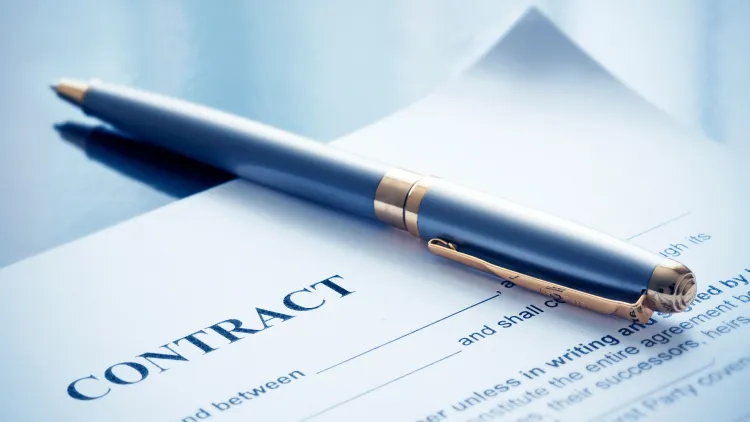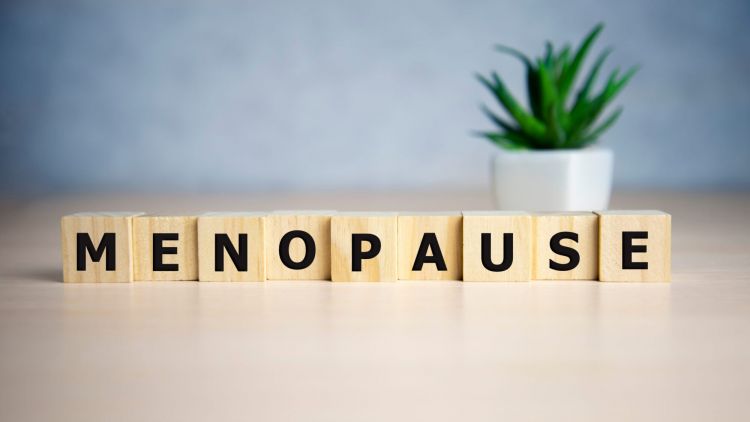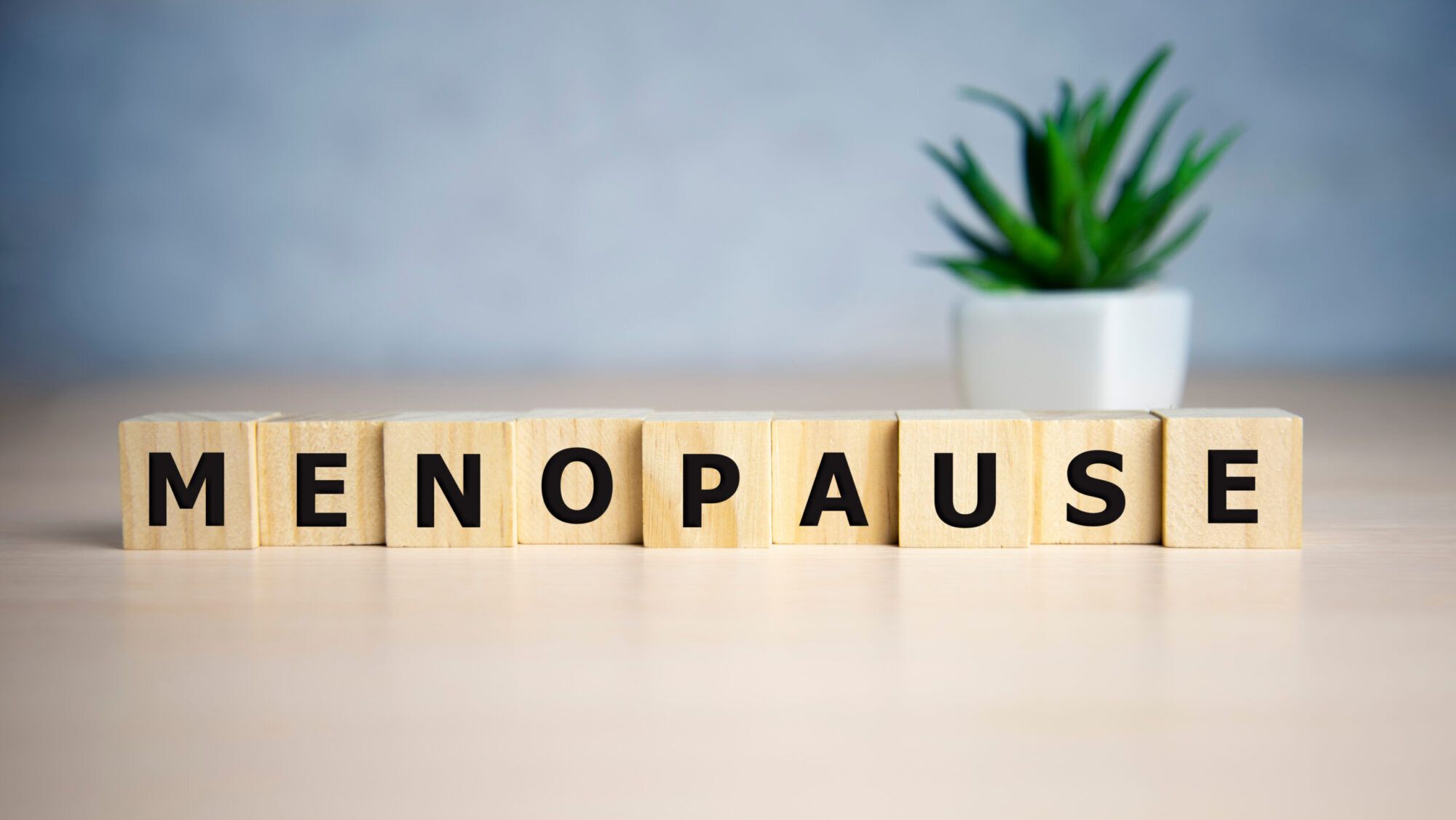How to calculate compensation for injury to feelings?
In the UK, compensation for injury to feelings can be awarded in cases of discrimination, harassment, or victimisation under the Equality Act 2010. This type of compensation is intended to address the emotional distress and mental anguish suffered by the claimant, rather than financial losses. Calculating injury to feelings can be complex, involving an assessment of the severity of the case and other relevant factors. This article explains the process and guidelines for calculating injury to feelings awards in the UK.
Understanding Injury to Feelings
Injury to feelings awards are designed to compensate individuals for the emotional and psychological impact of unlawful discrimination or harassment. Unlike compensation for financial losses, these awards focus on the subjective experience of the claimant, acknowledging the distress, humiliation, or anxiety they have endured.
The Vento Bands
The calculation of injury to feelings awards in the UK is guided by the Vento bands, established by the Court of Appeal in the case of Vento v Chief Constable of West Yorkshire Police (2002). These bands provide a framework for determining the appropriate level of compensation based on the severity of the case. The bands are regularly updated to reflect inflation and changes in economic conditions.
As of April 2022, the updated Vento bands are as follows:
Lower Band: £990 to £9,900
For less serious cases, such as one-off or isolated incidents of discrimination or harassment.
Middle Band: £9,900 to £29,600
For more serious cases, including multiple incidents or sustained periods of discrimination or harassment.
Upper Band: £29,600 to £49,300
For the most severe cases, such as prolonged campaigns of harassment or extremely distressing incidents.
Exceptional Cases: Awards exceeding £49,300
For particularly egregious cases where the impact on the claimant is exceptionally severe.
Factors Influencing the Award
When determining the appropriate band and specific amount within that band, tribunals consider several factors, including:
Severity and Duration: The seriousness and length of the discriminatory behaviour or harassment.
Impact on the Claimant: The emotional and psychological effect on the claimant, including any medical evidence of mental health issues.
Nature of the Incidents: Whether the incidents were isolated or part of a pattern of behaviour.
Relationship between Parties: The nature of the relationship between the claimant and the perpetrator, such as whether it involved an abuse of power or trust.
Context: The broader context of the discrimination or harassment, including the work environment and any previous incidents.
Steps to Calculate Injury to Feelings
-
Gather Evidence: Collect all relevant evidence to support the claim, including witness statements, medical records, and documentation of the incidents.
-
Assess the Severity: Evaluate the severity and duration of the discriminatory behaviour or harassment. Consider the emotional and psychological impact on the claimant.
-
Determine the Appropriate Vento Band: Based on the assessment, identify the appropriate Vento band that reflects the severity of the case.
-
Consider Aggravating or Mitigating Factors: Take into account any aggravating or mitigating factors that might influence the award, such as the employer’s response to the incidents or the claimant’s vulnerability.
-
Calculate the Award: Determine the specific amount within the identified Vento band, considering all relevant factors and the claimant’s experience.
Injury to feelings awards play a crucial role in providing justice and compensation to individuals who have suffered discrimination, harassment, or victimisation in the workplace. By understanding the Vento bands and the factors influencing these awards, claimants can better navigate the process and seek appropriate compensation for their emotional distress. Legal advice and thorough documentation are essential to ensure a fair and accurate calculation of injury to feelings in the UK.
Seeking Legal Advice
Calculating injury to feelings awards can be complex, and seeking legal advice from an employment lawyer or an advisor from a relevant organisation is advisable. Legal professionals can provide guidance on gathering evidence, assessing the severity of the case, and presenting a strong claim to the tribunal.

Head of the Department
Employment Lawyer
justina.ricci@ricciandpartners.co.uk
Get in touch
Contact form
Related articles
Latest insights and updates in employment law
WISH TO SPEAK TO US ABOUT ANY OF THE ISSUES MENTIONED IN THIS ARTICLE?
0330 120 1819
We are here to help













